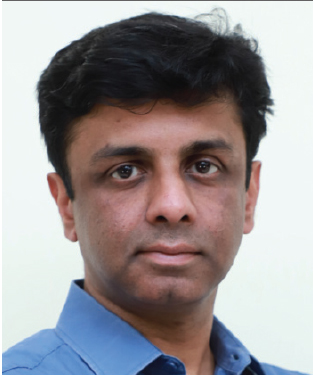 As India plans to use energy storage systems as part of its renewable energy plans, lithium ion (Li-ion) will become a mainstay of energy storage solutions in all forms of electrification, be it electronics, powering machines in the telecom sector, or electric vehicles across India,” says Rajat Verma, chief executive officer and co-founder, Lohum Cleantech.
As India plans to use energy storage systems as part of its renewable energy plans, lithium ion (Li-ion) will become a mainstay of energy storage solutions in all forms of electrification, be it electronics, powering machines in the telecom sector, or electric vehicles across India,” says Rajat Verma, chief executive officer and co-founder, Lohum Cleantech.
Lohum Cleantech was founded in 2018 as an integrated Li-ion battery manufacturer and recycler with a goal of lowering the costs of electrification, both economically and environmentally. Through recycling processes and by repurposing Li-ion batteries for a second life, Lohum is working towards providing solutions to the challenge of burgeoning demand for the batteries and their raw materials. “Our goal is to keep the battery operating as long as possible and then to recycle the materials. This bodes well for the environment, with zero waste disposal, and for our customers by reducing battery costs via repurposed second-life batteries,” says Verma.
Currently, Verma is engaged in setting up a single-location integrated Li-ion battery manufacturing and recycling factory in Greater Noida, Uttar Pradesh, with a capacity of 3 GWh. The factory will integrate a battery manufacturing capacity of 1 GWh with 2 GWh of recycling per annum, and will be commissioned within 18 months from now.
With respect to the challenges of using BESS in India, Verma believes that, on the one hand, there is the challenge of supply constraints for the raw materials, and, on the other, the significant problem of battery waste disposal and recycling post completion of battery life as the number of batteries start multiplying, which can have serious environmental implications.
“I have been very fortunate across multiple industries and countries. There is not one experience that stands out, but rather the gift of timing. I was in the valley when the internet industry started taking off, and now I am contributing to the next largest industrial shift in energy,” says Verma when asked about his most memorable assignment.
Verma studied engineering at IIT Kanpur before heading to Stanford University. He briefly worked in the space industry in the US, designing heat shields for re-entry vehicles, before moving to a start-up, Kintana, as the technical lead. Later, he went back to Harvard University to study business management. Verma loves to travel and looks forward to traveling more at some point in the future.
